Keeping your towels fresh, soft, and hygienic is a simple yet essential part of household management. Towels contact our skin daily, making their care pivotal for our comfort and health. Understanding the best practices for washing and maintaining towels can ensure they remain absorbent, odor-free, and durable over time. Whether it's your fluffy bath towel or the kitchen hand towel, how you wash and care for them can make a significant difference.
How to Wash Towels in a Machine
Washing towels in a machine is convenient and efficient. Start by separating your towels by color and fabric type. Use a gentle cycle with warm water for most towels, but opt for hot water for white or heavily soiled towels. Ensure the towels have enough space to tumble freely for thorough cleaning.
Wash Towels With Detergent
Use a mild detergent for washing towels. Avoid using too much detergent as it can leave residues on the towels, reducing their absorbency. For front-load washers, use high-efficiency detergent. A small stain remover can be used if your towels are heavily soiled.
Wash Towels With Detergent
Use a mild detergent for washing towels. Avoid using too much detergent as it can leave residues on the towels, reducing their absorbency. For front-load washers, use high-efficiency detergent. A small stain remover can be used if your towels are heavily soiled.
Soften Towels With Vinegar
To keep towels soft and fluffy, consider using white vinegar. Add half a cup of vinegar to the rinse cycle instead of fabric softener. Vinegar helps remove detergent residues and soften the towels naturally without damaging the fibres.
Wash New Towels Before Use
Washing new towels before you use them for the first time is always a good idea. When manufactured, they often have chemicals and substances on them used during the production process. These can include softeners and dyes that irritate sensitive skin or cause allergic reactions. Washing them removes these chemicals and improves the towel's absorbency. Additionally, washing freshens them up and removes any dust or dirt they may have gathered during storage and transport. So, for the best and safest use, give your new towels a thorough wash.
Tips Before Washing Towels
- Sort Your Towels: Always split your towels into two groups: white and colored. Wash them in separate loads. Mixing them can cause the colors to bleed over time, leading to a faded look.
- Moderate Fabric Softener Use: Adding fabric softener to every third or fourth wash is best. Using it too often can lead to buildup in your washing machine and on the towels themselves.
- Combat Musty Smells with Baking Soda: If your towels have a musty or unpleasant smell, wash them with half a cup of baking soda without detergent. After this, clean them again, this time with detergent.
- Wash New Towels Before First Use: When you get new towels, wash them before you use them for the first time. This helps remove any chemicals that might have been used during manufacturing to make the towels look fluffy and feel soft in the store. It can also help reduce lint.
- Use Bleach Carefully: Bleach is excellent for getting stains out of white towels, but using it too often can weaken the fabric and shorten the life of your towels. Use Bleach sparingly every few washes.
Wash Towels Separately
Washing towels separately from other types of laundry is essential for several reasons. Towels are made from thicker fabrics than clothes, so they need more space to move and adequately clean in the washing machine. Mixing them with lighter garments can lead to uneven washing and can damage delicate clothes due to the rough texture of towels. Additionally, towels produce a lot of lint, which can cling to other fabrics and significantly darker clothing, making them look less clean. Washing towels separately also prevents transferring bacteria and germs to your clothes. For these reasons, washing towels is best to ensure they and your other laundry items are thoroughly and safely cleaned.
How to Keep Your Towels Clean Longer
Wash Towels Frequently
Regular washing prevents the buildup of bacteria and mold. Towels used daily should be washed after three to four uses.
Avoid Overloading the Washing Machine With Towels
Overloading can restrict movement, leading to less effective washing. Wash smaller loads to ensure each towel is thoroughly cleaned.
Keep Two Towels per Person
Having at least two sets of towels per person allows you to rotate towels between uses, giving each towel ample time to dry.
Be Mindful of Your Body Care Routine
Products like skin oils, facial products, and makeup can leave residues on towels. Rinse off thoroughly with a towel before drying yourself to minimize these residues.
Why Wash So Frequently?
Towels can become a breeding ground for yeast, mold, and E. coli bacteria, even though they might look clean. Drying off after a shower, you're not just wiping away water. Your body sheds sweat, salt, sebum (a natural oil), and skin cells all the time, and these can get onto your towels. Plus, there's also the possibility of other things like mucus, dandruff, makeup, and beauty products sticking to them. All of these can grow more in a warm, moist bathroom.
Even if you feel like towels don't need to be washed often because you use them when you're clean, it's important to remember that using a dirty towel can be bad for your skin. It might cause acne or even infections. So, if you've been having skin problems, your towel could be a hidden reason.
Conclusion
In conclusion, maintaining clean towels is not just about washing them regularly; it's also about using the proper techniques and being mindful of daily habits. These simple tips ensure your towels stay fresh, fluffy, and hygienic for longer.







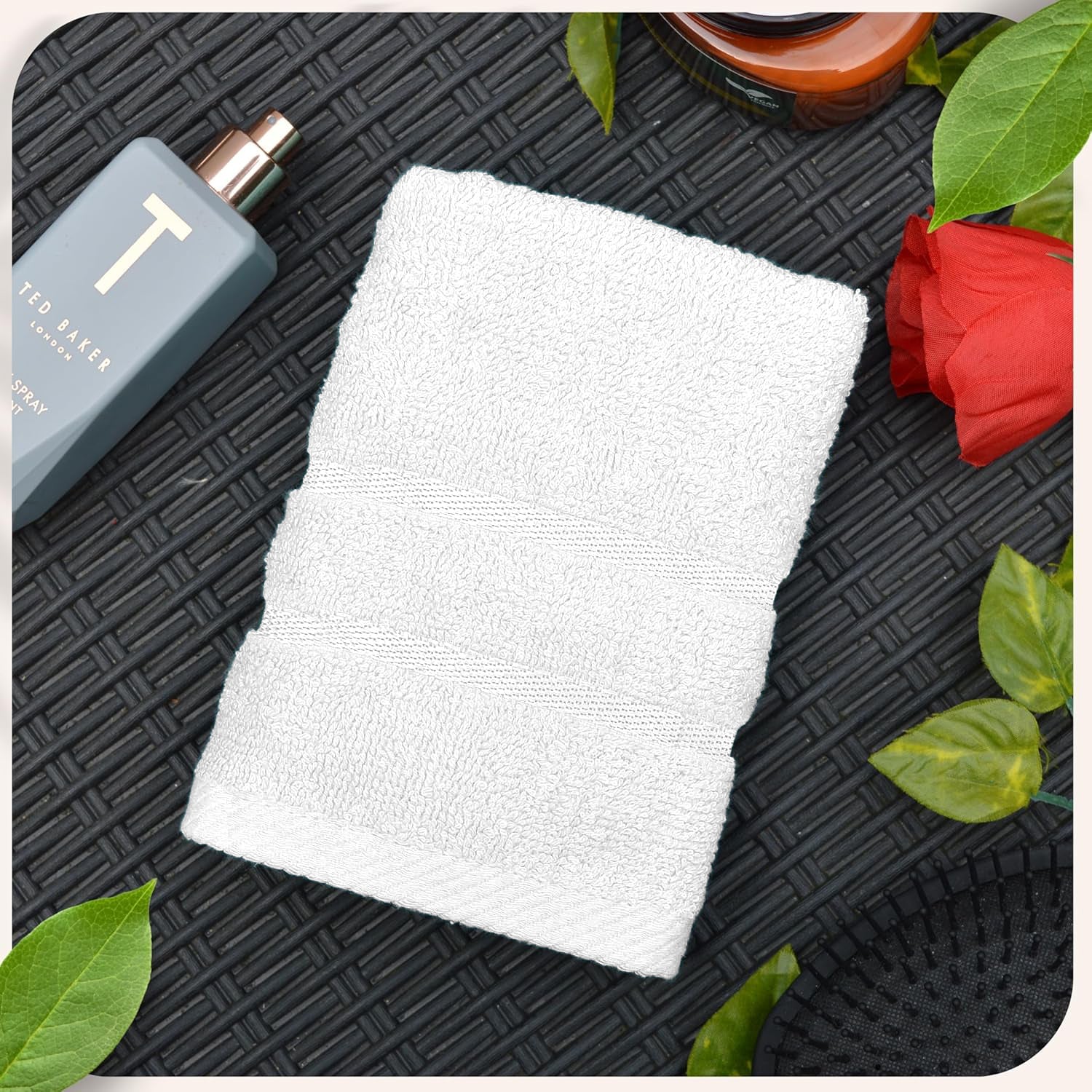
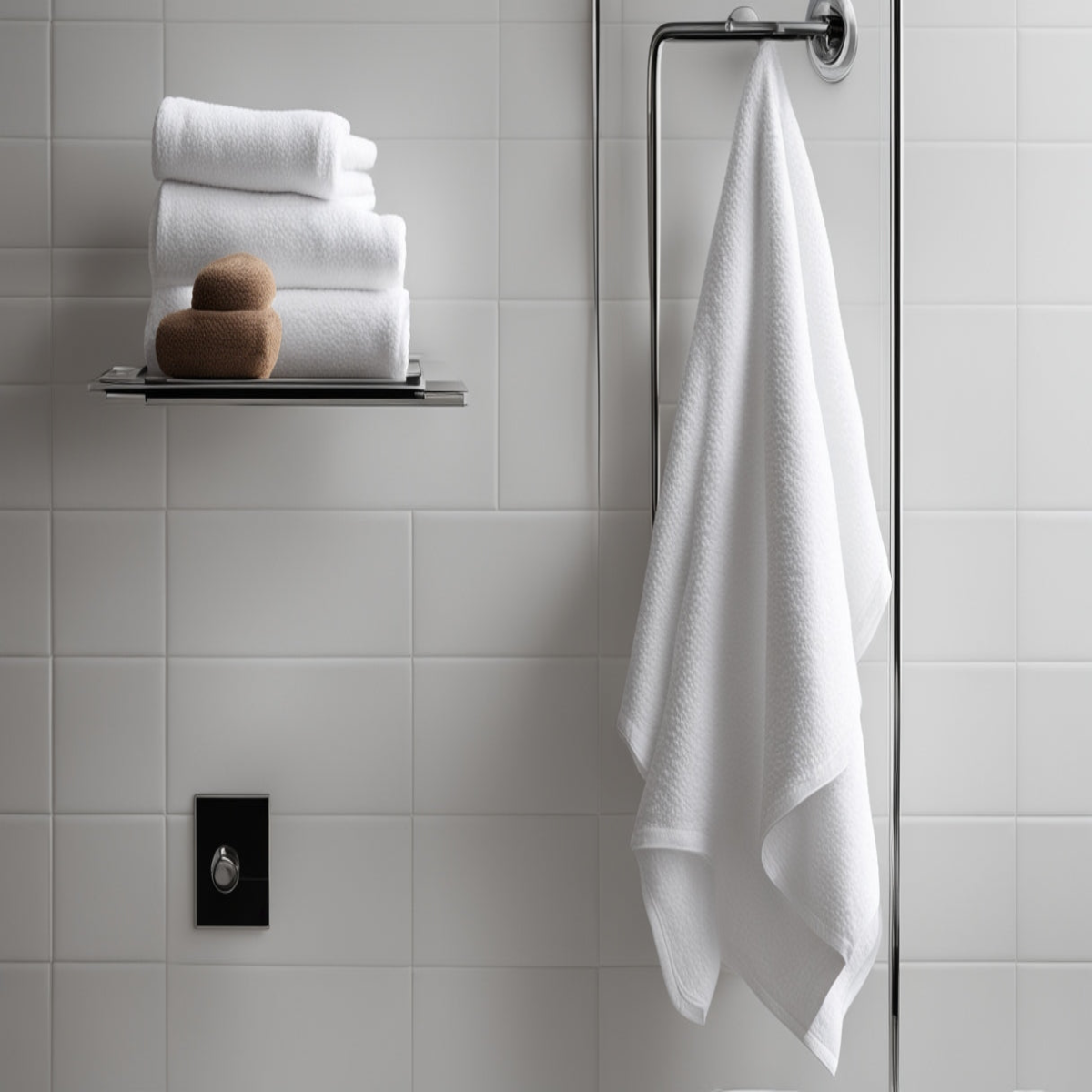
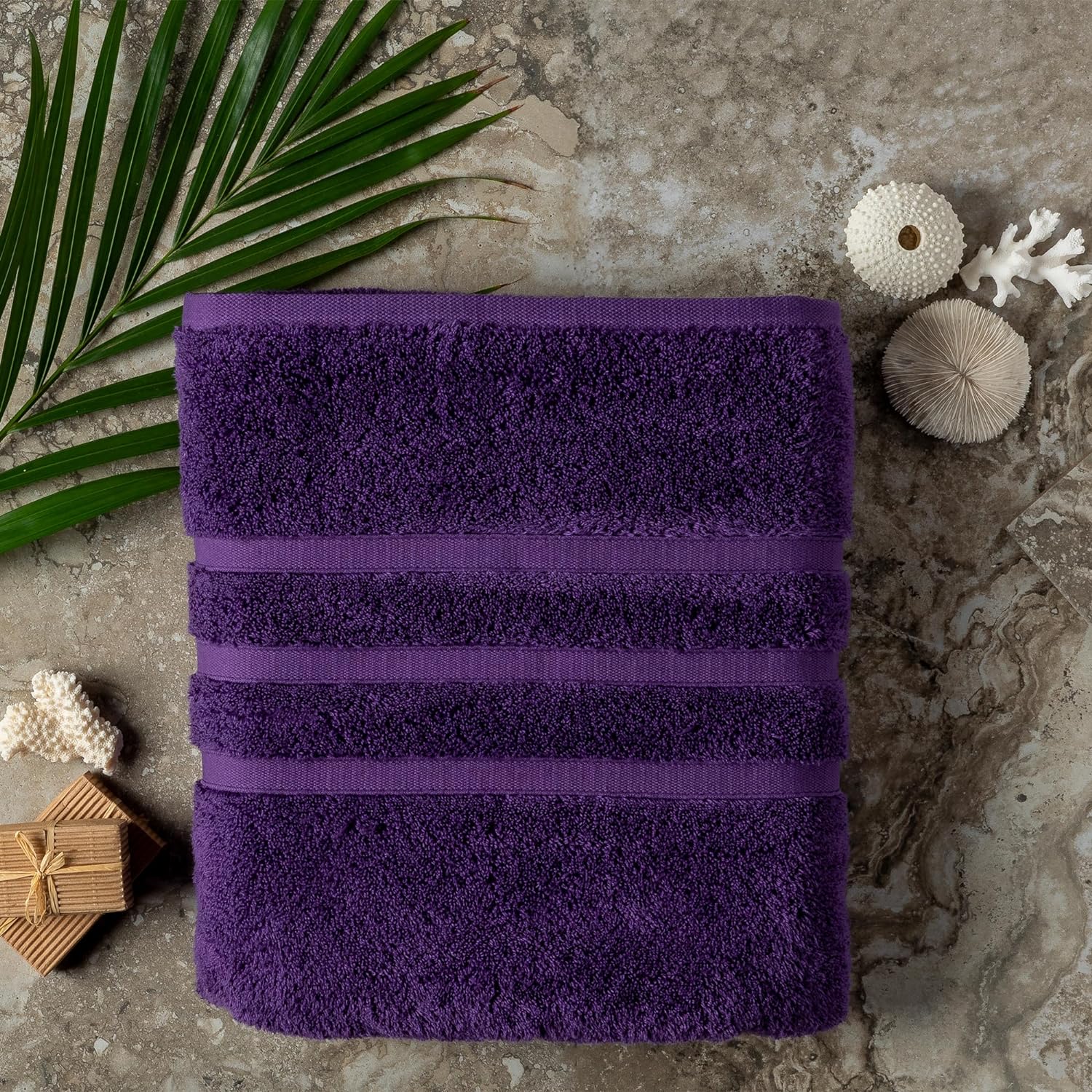

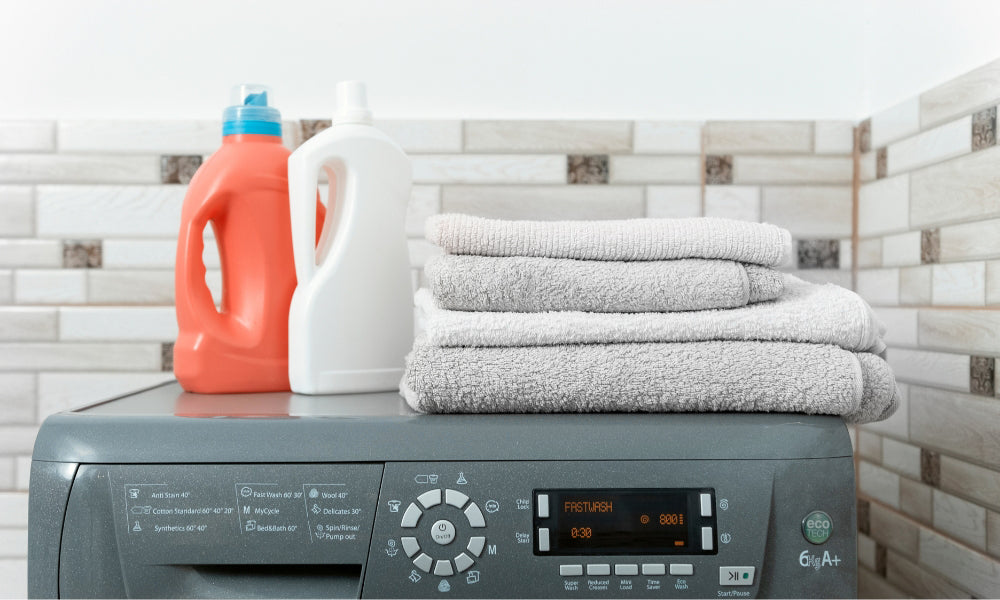
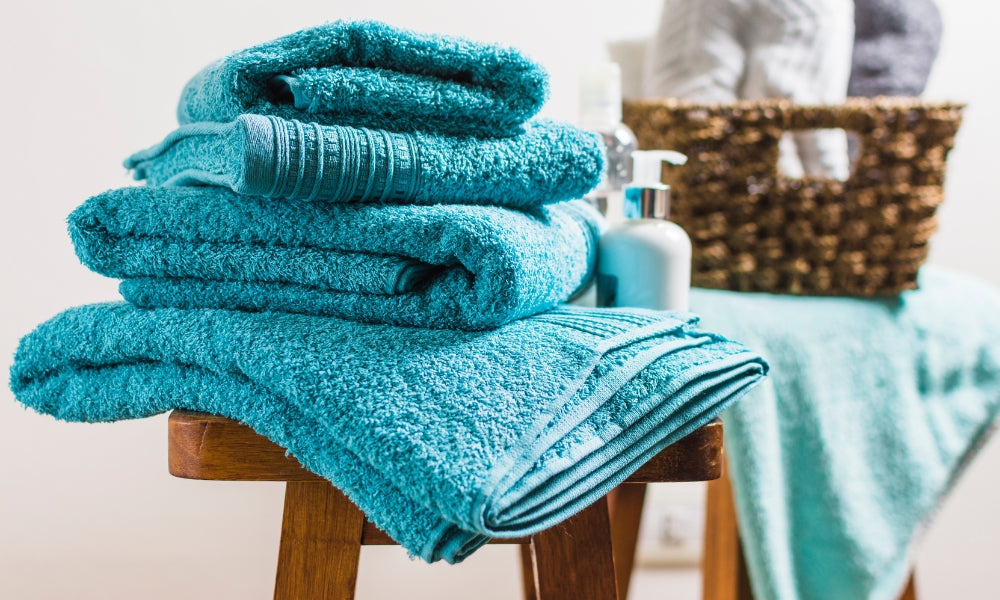
Leave a comment
This site is protected by hCaptcha and the hCaptcha Privacy Policy and Terms of Service apply.